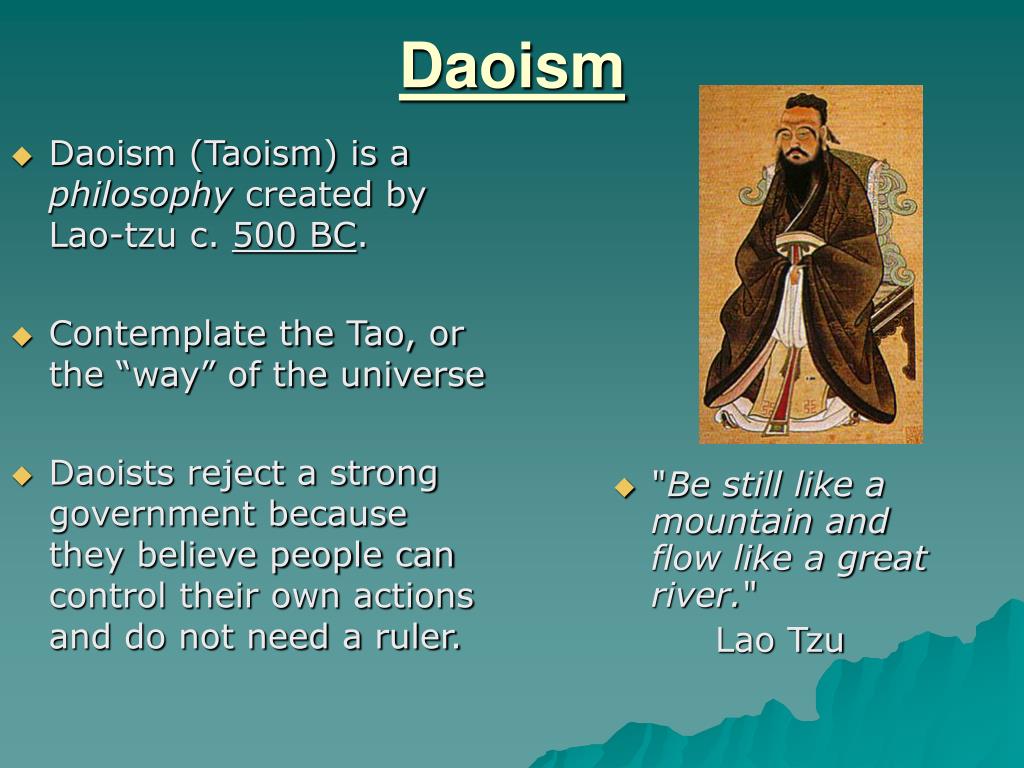With the rise of technology and often impenetrable science, societies run the risk of becoming technocratic; with a widening divide between experts and citizens. Under such conditions, for democracy to function, citizens must be able to perceive the difference between real experts and charlatans. To do this, Mauro Dorato argues, we must not only increase scientific literacy, but we must also better understand the social rules at play in scientific fields, such as peer review and repeatability of proofs, in order to tell the different between the expert and the charlatan. How specialisation can threaten democracyContemporary democracies are under threat. Many regard the unstoppable immigration waves as a danger to their possessions and as an occupation of their territories to be defended by erecting walls. The growing inequality and impoverishment of the …
Read the full article which is published on IAI TV (external link)






